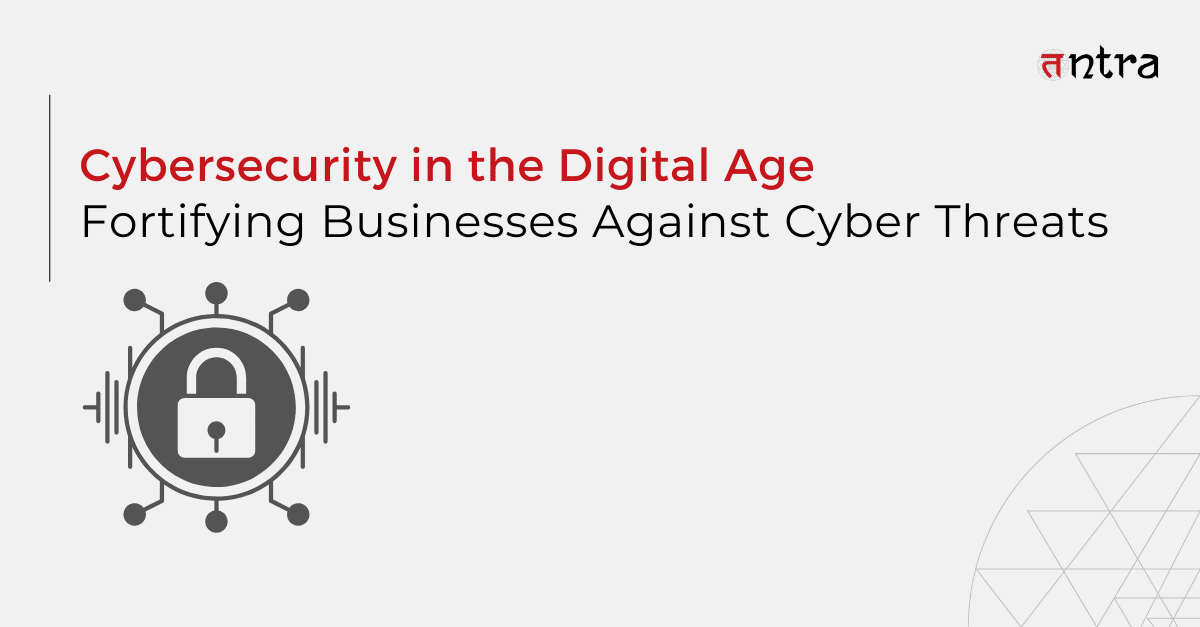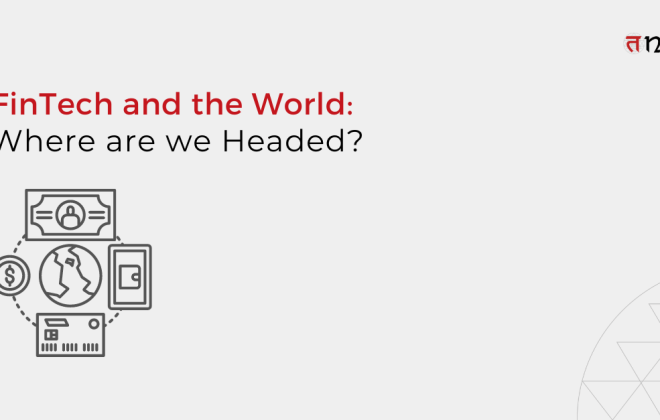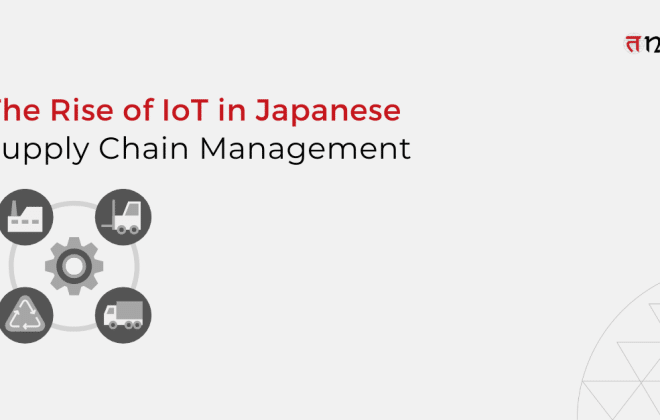
Cybersecurity in the Digital Age: Fortifying Businesses Against Cyber Threats
Table of Contents
ToggleA proactive government approach and an increasing reliance on specialized services define Cybersecurity in Japan. As cyber threats have increased, Japan has strengthened its digital defenses through programs like the APPI and the Cybersecurity Strategic Headquarters. Japan has a booming market for Cybersecurity services, demonstrating the country’s dedication to protecting its digital infrastructure. The shortage of Cybersecurity professionals remains a challenge for local businesses, emphasizing the urgency of expertise in this field. This dynamic environment demonstrates Japan’s unwavering commitment to Cybersecurity and establishes it as a leader in the protection of digital assets globally.
In recent years, Cybersecurity in Japan has had to answer many questions. Japan has witnessed a surge in cyber threats, prompting a heightened awareness of the risks among businesses. Shinpei Izumo, an underwriter at Sompo Japan Insurance Inc., reported a substantial increase in cyber insurance sales, estimating a rise of 20% to 30% compared to the previous year. This surge can be attributed to the escalating frequency and sophistication of cyberattacks.
A notable incident exemplifying this trend occurred on February 26, 2022, when Kojima, a prominent Japanese entity, fell victim to a supply chain hack. In these cyberattacks in Japan, hackers exploited vulnerabilities in a third-party business partner’s systems to gain unauthorized access to Kojima’s file servers. By 9 p.m. that day, crucial data on several servers and computer terminals had been encrypted, rendering it inaccessible.
The Tokyo Olympic and Paralympic Games in the summer of 2021 also presented a substantial target for cybercriminals. NTT Corporation, entrusted with providing comprehensive telecommunications services and network security for the event, disclosed a staggering 450 million attempted cyberattacks. Remarkably, none of these attempts were successful, and the games proceeded without disruption. However, the sheer volume of attacks was 2.5 times greater than those observed during the 2012 London Summer Olympics.
The surge in attacks during the Olympics underscores the evolving nature of cyber threats. Criminals quickly exploit opportunities presented by high-profile events, recognizing the wealth of valuable data within the expansive digital infrastructure supporting such occasions.
To safeguard the event, NTT Corporation implemented a multi-faceted security approach. This encompassed continual monitoring and analysis of threat intelligence, Security Operations Center (SOC) services provision, and an extensive security solutions package. NTT’s approach highlights the need for a thorough and proactive approach to Cybersecurity in the face of growing threats and is supported by a committed staff of over 200 Cybersecurity specialists.
Source: Zdnet and The Washington Post
Cybersecurity Landscape: Trends and Statistics
By December 2022, approximately 21% of internet users in Japan had encountered cybercrime, highlighting the pervasive nature of online threats. Of the Cybersecurity incidents reported that year, 58% resulted in the loss of critical data, underscoring the pressing need for robust digital defenses. The law enforcement agencies in Japan were actively engaged in addressing cybercrime, with a notable 12,369 cases under investigation in 2022 alone.
In the economic sphere, Japan demonstrated its commitment to fortifying its Cybersecurity landscape. The Cybersecurity market in the country garnered substantial value, reaching $6.4 billion in 2021. Moreover, the corporate Information Security (InfoSec) sector also thrived, boasting an impressive valuation of ¥1.07 trillion in the same year. Around 35% of Japanese enterprises anticipate significant challenges in recruiting Cybersecurity professionals between 2023 and 2024, underlining the growing importance of expertise in this field.
The average data breach cost for Japanese businesses in 2020 was $2.7 million, a significant rise over the $2 million cost in 2019. This increase has encouraged more Japanese enterprises to strengthen their Cybersecurity defenses, increasing the need for Cybersecurity companies in Japan. The fact that 97.1% of businesses reported using different Cybersecurity measures as of September 2021 highlights the country of Japan’s rising reliance on the services offered by Cybersecurity firms. Only 1.9% of people acknowledged having no such safeguards.
Top Cybersecurity companies in Japan, such as Tntra, are stepping up efforts to strengthen their Cybersecurity solutions in response to the difficulties faced by Japanese businesses. In 2023, the Cybersecurity market is predicted to generate US$9.32 billion in sales. Cybersecurity services in Japan are predicted to dominate the group, with a projected market volume of $5.28 billion in the US in 2023. By 2028, this industry is expected to grow by an impressive 9.41% per year (CAGR 2023–2028), with a market size of US$14.61 billion.
Robust Approach to Cybersecurity: Regulations and Cybersecurity Services
Recognizing the dynamic nature of cyber threats, the Japanese government has placed Cybersecurity at the top of its list of national security priorities. The Cybersecurity Strategic Headquarters and the National Center of Incident Readiness and Strategy for Cybersecurity (NISC) are two examples of the robust organizations and frameworks that Japan has put in place to strengthen its digital defenses. These organizations collaborate to plan measures to enhance the country’s cyber resilience. The government’s unwavering commitment to safeguarding its digital infrastructure from new threats is highlighted by this comprehensive effort.
In addition to taking a proactive approach to Cybersecurity, Japan has put solid legal measures in place to protect personal information and data security. The Act on the Protection of Personal Information (APPI) is a keystone in this effort. The law stresses transparency and responsibility in processing personal data by establishing strict guidelines. This demonstrates the Japanese government’s unwavering dedication to protecting people’s privacy rights in an increasingly digital era, further strengthening its position as a world leader in Cybersecurity and data protection.
- Cybersecurity in Global Enterprises
Japan is struggling with a severe lack of IT and professionals to manage Cybersecurity in the digital age. Only 26% of end-user organizations think they have enough qualified IT security workers; about half of those companies recognize their staffing shortages in this area. Small and medium-sized enterprises (SMBs) that lack the resources for Cybersecurity workforce development are severely affected by this shortage. The Asia-Pacific area, which includes Japan, has a 2.16 million Cybersecurity professional shortage, highlighting the urgent need for qualified workers amid escalating economic unpredictability and security concerns over cutting-edge technology like AI.
In Japan, the demand for Cybersecurity experts surges due to the escalating sophistication of cyber threats across various industries. To counter these challenges, organizations and the government are actively bolstering policies and enhancing their Cybersecurity workforce’s technical and non-technical skills. A significant step taken involves expanding the pool of proficient in-house Cybersecurity professionals. The Japanese government spearheads initiatives like the Cybersecurity Human Resources Development Program to cultivate a robust national Cybersecurity workforce. Moreover, the Industrial Cyber Security Center of Excellence (ICSCoE) offers a comprehensive “Core Human Resource Development Program,” equipping individuals to bridge the gap between operational personnel and corporate leaders regarding security expertise.
Alongside these initiatives, Japan greatly values international Cybersecurity cooperation by actively participating in bilateral and multilateral partnerships. These alliances help the country’s cyber security plan to be more effective while also enabling it to address new digital threats effectively. Business enterprises can meet their Cybersecurity needs in Japan by seeking external expertise. For instance, they could outsource their Cybersecurity services needs to a software product engineering company like Tntra, which would be a sound strategic decision in line with Japan’s overarching Cybersecurity plan. These coordinated activities use the particular abilities of industry professionals to strengthen Japan’s cyber resilience.
- Partnering with Software Product Engineering Services
Japan is propelling itself into the future of Cybersecurity, driven by cutting-edge technologies like Artificial Intelligence (AI) and Machine Learning (ML). These advancements promise real-time threat analysis and prediction capabilities, revolutionizing Cybersecurity. By integrating New Economy solutions, Japanese businesses, fortified by robust Cybersecurity strategies, proactively stay ahead of evolving threats. Additionally, the long-term strategy includes engagement with experienced software development services in Japan to ensure adaptability to emerging threats. Here are a few reasons why businesses can partner with leading digital transformation companies to ensure a robust
Cybersecurity strategy –
- Cultural Understanding
- Local software development services in Japan possess a deep understanding of the country’s business culture and regulatory environment, ensuring that Cybersecurity solutions are tailored to meet specific Japanese requirements.
- Regulatory Compliance
- A Cybersecurity company in Japan is well-versed in the region’s strict data protection and privacy laws. They can ensure Cybersecurity measures align with local regulations, reducing legal risks for businesses.
- Swift Response
- Being in the same time zone, a software development company in Japan can immediately respond to emerging threats or incidents, ensuring timely action in critical Cybersecurity situations.
- Localized Support and Maintenance
- Japanese technology consulting solutions offer localized support and maintenance, providing businesses with accessible expertise and assistance in their native language and enhancing overall Cybersecurity effectiveness.
Discover Success Stories: Explore How Tntra Transforms Businesses. Read Our Case Studies Now!
Conclusion
The thoughtful combination of specialist services and government initiatives can improve the cybersecurity landscape. The focus on specialized solutions highlights the commitment to safeguarding digital assets. This all-encompassing cybersecurity initiative, driven by a comprehensive strategy, builds a strong defense against ever-evolving threats. The collaboration between government initiatives and software development companies is an example of a forward-thinking strategy, supporting the position at the top of the cybersecurity food chain for cybersecurity solution providers, cybersecurity solution companies, and top cybersecurity solution providers.
Get in touch with Cybersecurity experts at Tntra today!!





